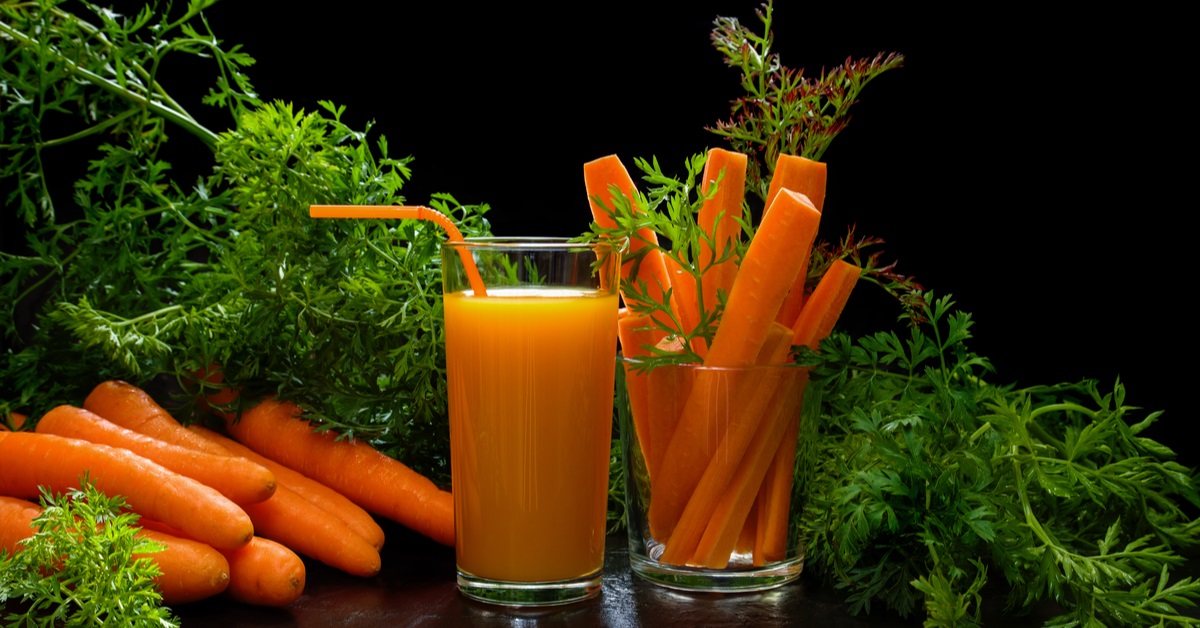Constipation is the most common digestive complaint among people in North America. It affects 42 million people in the U.S. annually. Constipation occurs when food waste travels slowly through the digestive system. The water in the stool is then absorbed by the colon and ultimately yields a dry, hard, and painful stool to pass.
The actual definition of constipation varies from person-to-person. Most individuals that suffer from chronic constipation get relief from making adjustments to their eating and lifestyle.
Diet Changes
Fluids
The main thing that someone can do when suffering from constipation is to drink more water. Dehydration worsens constipation by producing harder and dry stools. When you consume an adequate amount of fluids, the colon soaks up less water from waste, which results in normal stool.
- Drink 8 glasses of water a day (2 liters).
- Drink more water if you live in a very warm or humid climate, or are exercising frequently. This is to replenish the water lost while sweating.
- If you increase your fibre, pair it with additional water.
- If you have previous kidney issues, consult your doctor on your daily fluid intake.
Fibre
Another big factor in constipation is fibre. A healthy diet consists of soluble and insoluble fibre. Adults should consume around 21-38 grams of fibre a day.
Source of soluble fibre include:
- Oats, apples, oat bran, nuts, lentils, and peas,
Insoluble fibre:
- Wheat bran, seeds, almonds, fruits and vegetables, and whole grains.
Prunes are also an excellent source of soluble and insoluble fibre.
Cut Back on These Foods
Low Fiber Foods
- Fast Food, Processed Foods, meat, chips, dairy, ice cream, and prepared foods.
Junk Food
- Sugary and fatty foods like cookies, cakes, crackers, and so on slow the digestive system way down. The reason is that the gut is working to get all the calories it can from all the fat in the foods just consumed.
Regulate Caffeine
- Caffeine acts as a diuretic and can dehydrate you. The right amount can promote bowel contractions, but too much can aid in constipation.
Featured Image: DepositPhotos/ Voyagerix



